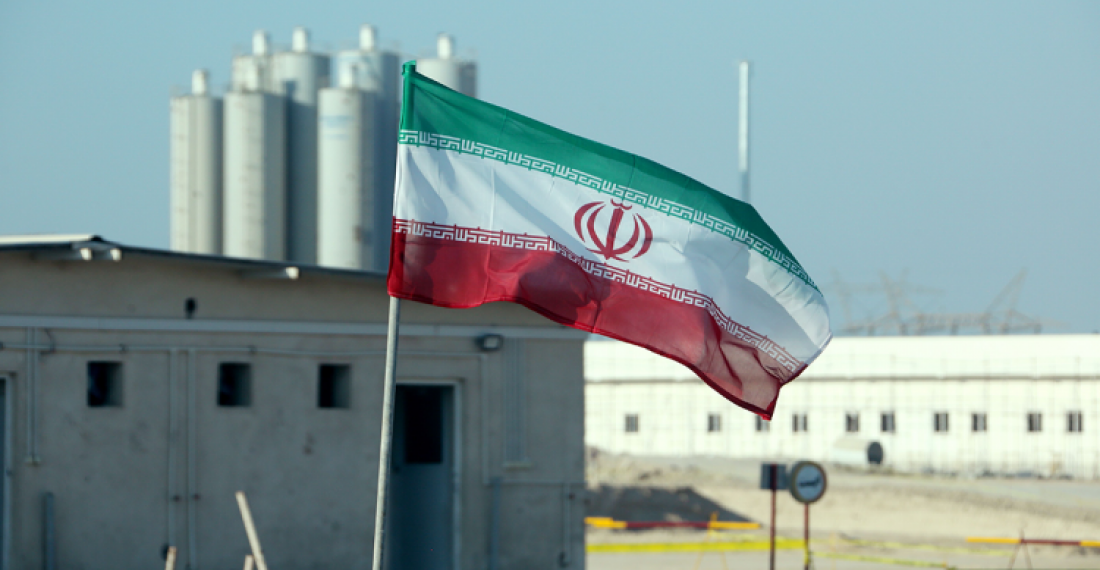The United States has said it will not be rushed into a nuclear deal with Iran
Iran’s latest moves were a step backwards and Washington would not rush to rejoin the JCPOA agreement at any cost, US Secretary of State, Antony Blinken said on Friday.
EU mediators last month appeared to make progress in restoring the 2015 Joint Comprehensive Plan of Action (JCPOA) after Iran largely agreed to a proposed final text. Diplomats in Brussels sounded moderately optimistic in recent pronouncements.
But this optimism dimmed when the US sent a reply, to which Iran in turn responded.
“In past weeks, we’ve closed some gaps. Iran has moved away from some extraneous demands — demands unrelated to the JCPOA itself,” Blinken said. “However, their latest response takes us backwards. And we’re not about to agree to a deal that doesn’t meet our bottom-line requirements. If we conclude a deal, it’s only because it will advance our national security.”
US President Joe Biden supports restoring the agreement, under which Iran will enjoy sanctions relief and again be able to sell its oil worldwide in return for tough restrictions on its nuclear program.
Biden’s predecessor Donald Trump pulled the US out of the agreement in 2018 and reimposed sweeping sanctions that have crippled the Iranian economy.
Diplomats say Iran has dropped a demand that Biden lift Trump’s designation of the Islamic Revolutionary Guard Corps as a terrorist group, a key sticking point.
Remaining disputes include Iran’s insistence that the UN atomic watchdog close an investigation into three undeclared sites suspected of previous nuclear work. However, that investigation is linked to a possible breach of the 1968 Nuclear Non-proliferation Treaty, to which Iran is a signatory, and is unconnected to the JCPOA.






